In the UK and internationally, I've solid experience interviewing people of all ages about a range of societal and personal issues.
As a paid employee or freelancer for many global non-governmental organisations and national charities, I’ve travelled extensively as part of my work – from the mountains of Tajikistan, the war zones of Sudan to the wreckage of post-earthquake Haiti. Working with photographers and film crews or independently, I’ve sensitively supported people as they’ve shared their personal stories in their own words and in their own time – from six-year-old children who are orphaned by AIDS to 90-year-old widows who have been robbed in their home.
I apply the principles of the Red Cross Code of Conduct when gathering stories and as a former NSPCC/ChildLine counsellor have had CRB (now DBS) enhanced clearance. Due to confidentiality issues, I do not showcase many photos or stories here, but if we work together I can share examples of printed and digital work.
“I don’t really like where I live. A neighbour robbed my house and it made me very sick. Nobody does anything much for older people here in Moldova. Nobody cares about us; nobody needs us. That’s why I like coming to the community centre. The people here are my family.”
“After Cyclone Nargis struck the lime plants were all destroyed. Only recently have I been able to start planting again – banana, guava and coconuts. I’ve had loan support from an older people’s self-help group. Without this money, I’d have to go to loan sharks.”
International writing and interviewing has covered the following issues:
ARGENTINA
Life in jail in Buenos Aires — Ezeiza Federal Prison and Villa Devoto. Hearing the stories and life experiences of women on drug-smuggling charges, including British and European inmates.
Protecting the rights and heritage of the indigenous Wichí people on the Bolivian border, including projects that document their language and history.
BOLIVIA
Quechuan people affected by malnutrition and the ongoing impact of the climate crisis in Andean village communities.
BURKINA FASO
Farmers affected by the 2006 increased global food crisis and the impact of the climate crisis.
Education projects for blind and partially-sighted adults and children.
CAMBODIA
Adults and children affected by AIDS or living with HIV in Phnom Penh city and the surrounding rural villages.
COLOMBIA
Income-generation projects for those who have fled their homes during the civil conflict in Sincelejo, Cartegena, Barranquilla and Medellín – gathered during 4 separate trips to Colombia.
Human rights work in Cali, and Cazuca and Ciudad Bolívar in Bogotá.
HAITl
Income-generation projects for older people during the aftermath of the 2010 earthquake.
INDIA
Gender-equality projects and public health work with women with leprosy or at risk of domestic violence in remote villages in Maharashtra State and Delhi. This includes self-defence classes for young women in rural areas.
Documenting the fair trade manufacturing processes of ceramics and jewellery suppliers in Jaipur.
KENYA
Vulnerable older people in Lodwar who have been affected by ongoing drought and tribal conflict.
LIBERIA
Post-conflict community projects, such as health education and water and sanitation provision in Monrovia.
MOLDOVA
Family and child sponsorship programmes that support those at risk of relying on institutionalised care.
Soup kitchens and home help for isolated older people living on the breadline.
MYANMAR
Documenting the impact of older people's self-help groups in Kyaiklat Township and Pathein.
SUDAN
Water and sanitation education and provision, and emergency feeding programmes in Darfur for those affected by the civil conflict.
TAJIKISTAN
Primary- and secondary-aged children abandoned to state care and living in institutions. And projects supporting those leaving state care at aged 16.
UGANDA
Children and young people living in child-headed households and orphaned by AIDS.
Community-based groups helping to set up a network of volunteers to support those affected by HIV and AIDS.
UK
Adults and children living with physical and learning disabilities, such as multiple sclerosis and cerebral palsy.


